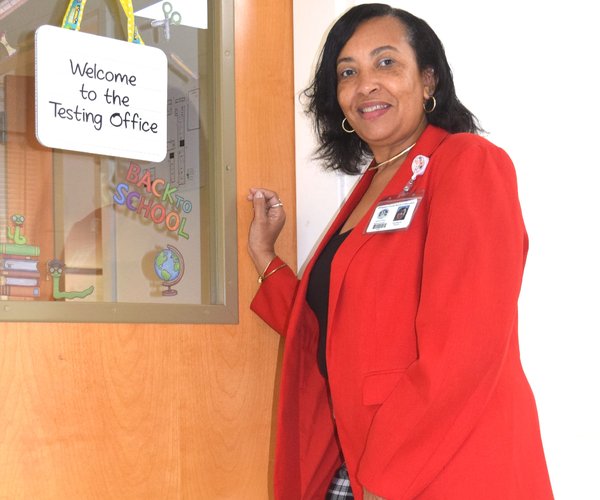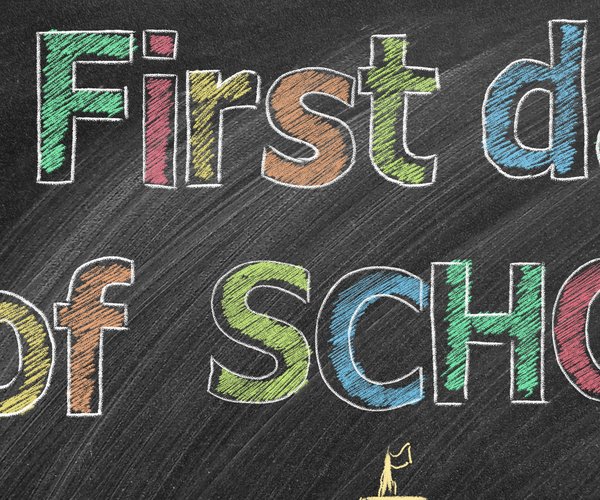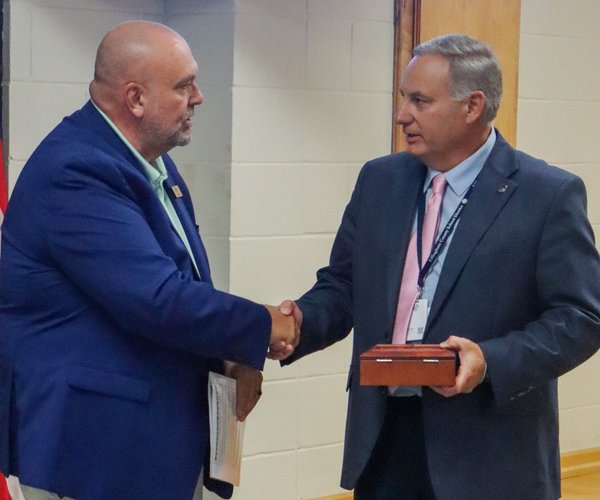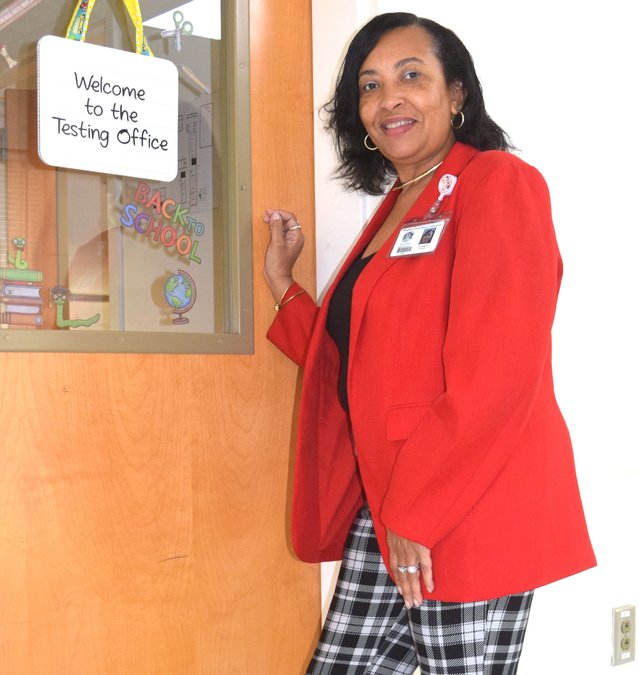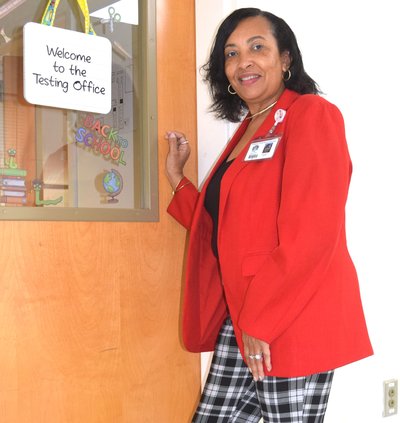Four Effingham County schools will be putting plans into action for a $1.4 million grant.
The Striving Readers Comprehensive Literacy Grant will be split between Guyton Elementary, Marlow Elementary, South Effingham
Elementary and Effingham County Middle schools. Each school will receive between $300,000-$400,000, and they have from three to five years to spend the money, explained Melodie Fulcher, Effingham County School System assistant curriculum coordinator for student and professional learning.
“It’s not just for your readers who are struggling but also for pushing your higher kids even higher,” she said. “It’s literacy in all areas.”
Each year, the schools will submit their project plan for that year and the money anticipated to be used. The plans then go to the state board of education for approval.
“The real push for the grant is to provide professional learning for teachers in teaching students how to read,” Fulcher said.
The grant money isn’t designed to purchase an abundance of materials, Fulcher added.
“They want you to do things that will sustain the system after the grant is gone,” she said. “That’s really the whole point of it, to strengthen teachers and the teaching of reading and literacy in all content areas so that it can be sustained after the grant.”
Spending of the grant money is linked to the literacy plan that was part of the grant application. The schools also have to track student data through assessments.
Effingham educators attended a Striving Readers Summit to learn more about the grant, learning best practices and getting advice on how to meet grant objectives.
“We got to listen to a lot of systems that have gone through this and listen to their growth in student achievement as a result of some of the things they were able to do with this grant,” Fulcher said. “The system just doesn’t have $1.4 million around.”
As part of the grant application student data, what the schools are doing for literacy instruction and what they would like to do if the grant was approved were submitted.
“The state is really watching students’ data and closing the gap of achievement for all students,” Fulcher said.
This is the fifth cohort of the grant, and the grants originally were awarded in February. Effingham was turned down initially. But the state opened more slots in August, and the system got a call in late August that the application might get approved at the September state BOE meeting. Once it was approved, system officials started writing the startup plan.
In implementing the grant, the state wants schools to rely less on computers and more on books. Striving Readers also is designed to push all readers, from those who are on accelerated level to those who need a little extra help.
“They frown on relying on technology. They want books in hand for your younger students,” Fulcher said.
While computers break or become outmoded, the practices of teaching reading and bolstering literacy don’t, Fulcher added.
“They know a lot of computerized programs are great for supplemental resources,” she said. “This is really to target some of the needs of your teachers and strengthen their skills for when you may not be able to have the funds to continue the license for a computer program. They want you to do more professional learning and building of teacher knowledge. When the money is depleted and the computers start to break, how are you going to sustain the computers and the technology?”
Helping students become better readers also will strengthen them in other subjects, Fulcher pointed out.
“When kids are better readers, they are better readers in all content areas,” she said. “This is to strengthen literacy skills so all subjects are strengthened. I think it’s a great thing.”


